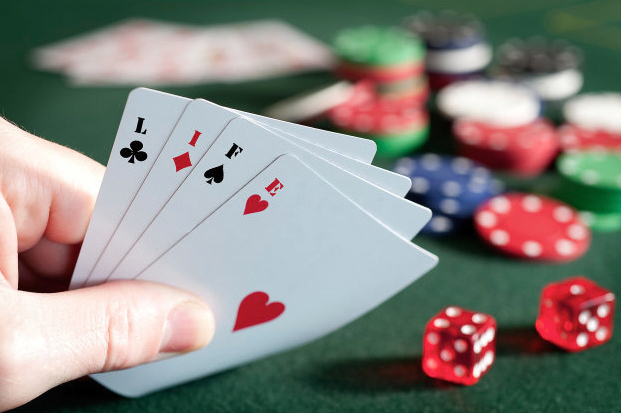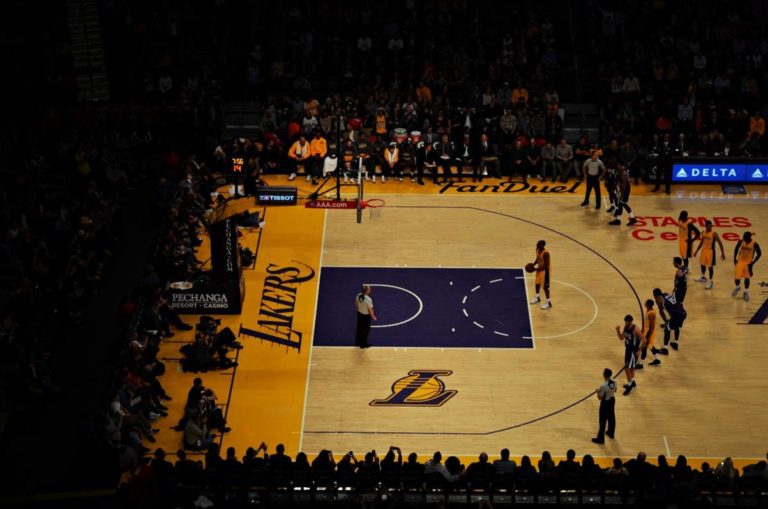Market research: Gambling in China
On July 12 and 13th, Chinese police arrested 108 individuals it accused of operating gambling rings around the 2014 FIFA world cup. Authorities declared asset seizures of about 18 billion RMB ($2.9 billion at the time). Reports have suggested that this is a fraction of the total amount of money spent on World Cup bets. In the past few months, several incidents of suicides have been reported linked to huge betting losses from games.
Illegal gambling handles huge amounts of money in China. In May 2014, Shanghai authorities arrested 63 people under the suspicion of having run an online gambling ring worth more than 120 billion RMB ($19.38 billion). Culturally, gambling is entrenched in China, and the government is struggling to keep up with estimated 200 million regular gamblers in the country.
Gambling Regulations in China
Gambling is illegal on mainland China. This ban was in place from 1949 through to the end of the 1970s, after which it experienced a brief resurgence. By the start of the 1980s, it was once again rife throughout the country, and the government once again imposed a serious ban which is in place today. No gambling may take place under the threat of serious fines, jail sentences and even the death penalty, but there are two exceptions; firstly, gambling is permitted if the proceeds went to charity, and secondly, if it’s being done in state-authorised lotteries.
Since 1987, the government has organised two separate lotteries; the China Sports Lottery and the China Welfare lottery. Both of these lotteries are intended to provide funds for various welfare projects. The sports lottery, which allows ticket-buyers to bet on sporting events, accounted for 43% of 2013’s 309 billion yuan ticket sales, and this year World Cup-related bets were up 83% from the previous event. The total lottery revenue for 2015 is projected to be 431 billion RMB.
However, illegal gambling rings are often preferred to the state-run lotteries because they offer better odds and their regulations are less stringent.
The lottery tickets are usually sold at physical locations, but since January 2013, they’ve also been available at licensed websites. However, there is still a thriving market for resold tickets on other websites such as Taobao, Weixin and Weibo. These operate in a legal grey zone, as the tickets may be legally purchased (though perhaps not), but the practice of selling them further may not be. 
Gambling in Hong Kong and Macau
These laws hold true for China’s Mainland; Hong Kong and Macau are notably exempt. Macau has thrived on mainlanders gambling at casinos and dog races, while Hong Kong has benefited from its horse racing.
The central government has enacted policies to try and curb the problem of gambling in these areas. At the moment, travellers from the mainland may not bring out more than 20,000 RMB (about $1,350 US) in cash, and China’s UnionPay card systems have been changed to limit the ability to draw large amounts of cash. Gamblers have found ways around this, however. Currency is often smuggled past the very porous checkpoints linking Hong Kong and Macau to the Mainland. Spot-checks are rare at the various ferry terminals, land crossings and airports.
Pawn shops have always become associated with casinos. Since there appears to be no real legal limit on the value of personal belongings individuals take out of the country, they are allowed to pawn the items off for cash to gamble with. More recently, micro-finance companies have also sprung up dedicated to lending to gamblers under licenses that should limit them to lending to small businesses.
Despite the central government’s sternly-phrased bans, public campaigns against the practice, and numerous death and prison sentences for gambling on the mainland (usually termed ‘embezzlement’ in the charges), the practice remains pervasive everywhere from street-corner card games to mah-jong parlours to online gambling rings organised by criminal cartels. The laws don’t look set to change soon.
Sources:
https://www.bloomberg.com/news/2014-07-20/macau-casinos-lose-to-lottery-during-world-cup-chart-of-the-day.html
https://www.ft.com/cms/s/0/c7428d24-0bda-11e4-8693-00144feabdc0.html#ixzz38GYZZDgk
https://timesofindia.indiatimes.com/sports/football/fifa-world-cup-2014/top-stories/Fifa-World-Cup-2014-Gambling-assets-worth-2-9b-seized-in-China-in-two-days/articleshow/38409628.cms
https://digitalscholarship.unlv.edu/cgi/viewcontent.cgi?article=2370&context=thesesdissertations





